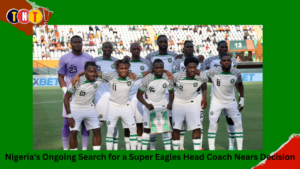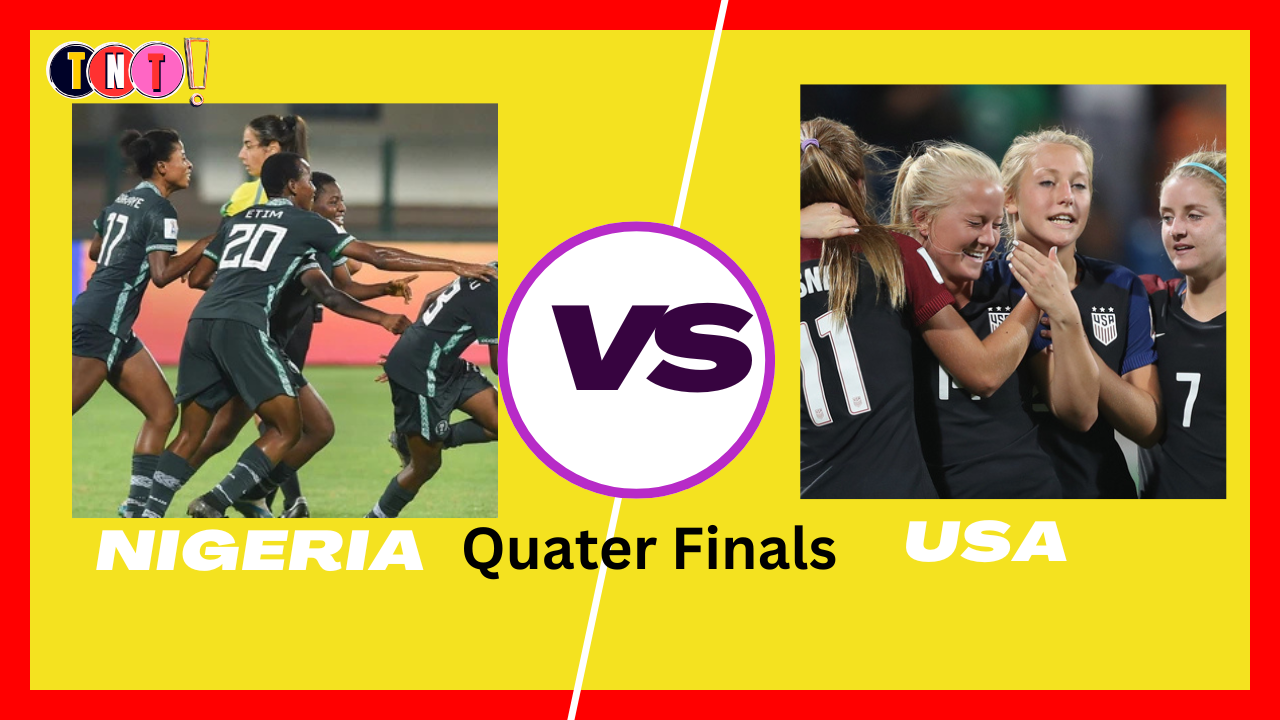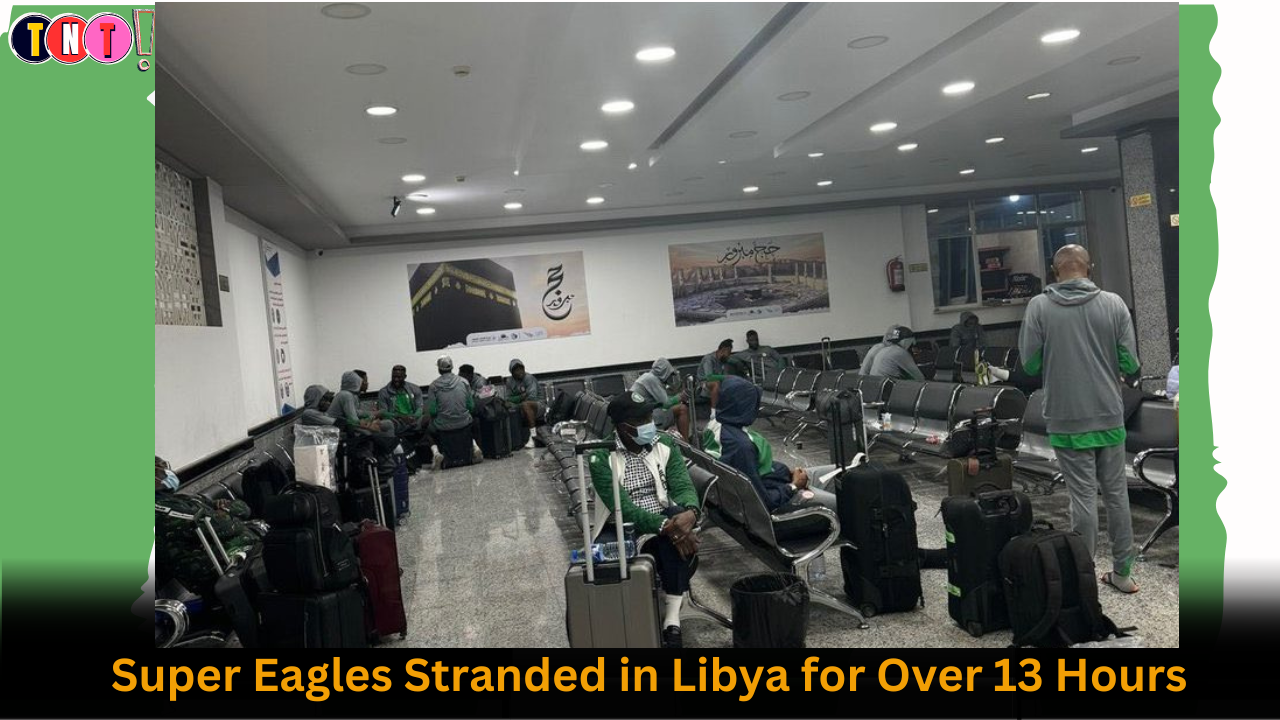Nigeria’s prolonged search for a new head coach for the Super Eagles is reaching its climax, yet the process remains fraught with challenges. The quest to fill the managerial void left by Finidi George has narrowed down to two final contenders with impressive credentials but distinct pros and cons. With the 2025 Africa Cup of Nations (Afcon) qualifiers fast approaching, the Nigeria Football Federation (NFF) is under immense pressure to make the right decision. The stakes are high, and the outcome will significantly influence the future trajectory of Nigerian football.

Nigeria’s Ongoing Search for a Super Eagles Head Coach Nears Decision
Finidi George’s Short-Lived Tenure: A Promising Start Cut Short
The Super Eagles have been without a permanent manager since the unexpected resignation of Finidi George. Having signed a two-year contract as recently as May, George’s departure just two games into his tenure was a blow to the team’s stability. Initially brought in as an interim coach during the March international window, George, a revered figure in Nigerian football history as part of the 1994 Afcon-winning team, was seen as a promising choice to lead the Super Eagles. However, his brief stint in charge was marked by inconsistency, securing only one win in four games. His reign culminated in a disappointing 2-1 loss to Benin, leaving Nigeria in a precarious second place in their 2026 World Cup qualification group. The abrupt end to George’s tenure threw the team into uncertainty, forcing the NFF to expedite their search for a successor.
The Final Contenders: Janne Andersson and Hervé Renard
Amidst a swirl of speculation and the involvement of Nigeria’s sports minister, the NFF has honed in on two candidates: Janne Andersson from Sweden and Hervé Renard from France. Both bring unique qualifications to the table, but their suitability for the role varies considerably. The decision is not just about picking a coach but selecting a leader who can navigate the complexities of Nigerian football and restore the Super Eagles to their former glory.
Janne Andersson: A Pragmatic Choice with Limitations
Janne Andersson, a seasoned manager with extensive experience, is viewed by many as the practical option for Nigeria. At 61, Andersson’s resume includes leading Sweden to the quarterfinals of the 2018 World Cup and the round of 16 at the 2020 European Championship. His reputation as a no-nonsense, disciplined coach aligns well with the current needs of the Super Eagles. However, Andersson’s career has not been without its challenges. His later years with Sweden were marred by unmet expectations, including the failure to qualify for the 2022 World Cup and the 2024 European Championship. These setbacks led to his resignation in November, raising questions about his ability to deliver results under pressure.
Despite these concerns, Andersson is reportedly eager to take on the challenge of managing in Africa, a continent where he has no prior experience. His enthusiasm for the role is underscored by his pride in past achievements, such as winning a domestic league title with IFK Norrköping. Andersson’s tenure with Sweden, though ending on a low note, demonstrated his professionalism and pragmatic approach, exemplified by his decision to reintegrate Zlatan Ibrahimović into the national team despite doubts about the veteran striker’s fitness.
However, Andersson’s potential appointment is complicated by timing issues. Personal circumstances mean he would only be able to assume the role in mid-September, by which time Nigeria’s crucial Afcon qualifying matches against Rwanda and Benin will have already taken place. As a temporary solution, the NFF is considering having Andersson’s assistant, Peter Wettergren, collaborate with Augustine Eguavoen, the NFF’s technical director, to manage those early games.
Hervé Renard: A Proven Winner with High Demands
In contrast to Andersson’s pragmatic appeal, Hervé Renard represents the more glamorous but challenging option. Renard’s track record in African football is nothing short of remarkable. The 55-year-old Frenchman is the only coach to have won the Afcon with two different countries, having led both Zambia and Ivory Coast to continental glory. His success is not limited to Africa; Renard also guided Morocco and Saudi Arabia to notable performances at the World Cups in 2018 and 2022, respectively. In the latter tournament, his Saudi team famously defeated eventual champions Argentina in a group-stage match, underscoring his ability to inspire and strategize on the world’s biggest stage.
Most recently, Renard has been at the helm of France’s women’s national team, leading them to respectable quarterfinal exits in both the Olympics and the 2023 Women’s World Cup. Despite these achievements, Renard is not actively seeking a new role. He has received inquiries from various national teams across Europe, Africa, and Asia after being passed over for the U.S. men’s national team job. Egypt, in particular, is reportedly willing to offer him $2 million annually, a sum far beyond what Nigeria can afford.
The financial aspect of Renard’s potential appointment is a significant hurdle. A senior NFF official described his salary demands as “practically outrageous,” which is telling, given that Nigeria is already prepared to offer the most lucrative head coach contract in their history. Nonetheless, Renard remains the preferred choice for many within the NFF, largely due to his winning record and deep familiarity with African football. The idea of leading Nigeria, one of the continent’s football powerhouses, is said to excite Renard, but time is running out for the two sides to reach an agreement.
NFF’s Time Crunch and Interim Solutions: A Delicate Balancing Act
As the September 7th kickoff for the 2025 Afcon qualifiers looms, the NFF is under immense pressure to finalize its decision. The timing constraints associated with Andersson’s availability and Renard’s financial demands leave the federation in a precarious position. The proposed interim solution, involving Peter Wettergren and Augustine Eguavoen, reflects the NFF’s need for flexibility and quick thinking. However, this stopgap measure only underscores the broader challenges facing Nigerian football—challenges that will persist long after a new head coach is appointed.
Challenges Awaiting the New Coach: A Daunting Task Ahead
The incoming head coach, whether Andersson or Renard, will inherit a team in flux. Nigeria’s World Cup qualification campaign has been more difficult than anticipated, with the Super Eagles currently trailing in Group C behind an unfancied Rwanda. Only Zimbabwe has a worse record, highlighting the extent of Nigeria’s struggles. The new coach will need to quickly reverse this downward trend and reignite the team’s World Cup aspirations.
Beyond on-field performance, the coach will face significant off-field challenges. Nigerian football is plagued by administrative shortcomings, including a lack of essential infrastructure. The men’s and women’s national teams currently do not have a permanent home ground, with most matches being held in Uyo by default.
The Godswill Akpabio Stadium is the only venue that meets the Confederation of African Football’s standards for international football, but the absence of a dedicated training facility, akin to England’s St. George’s Park or France’s Clairefontaine, is a glaring deficiency.
Moreover, there are ongoing issues with player morale, stemming from delays in receiving allowances and match bonuses. These financial and logistical challenges will inevitably impact performance, and the new coach must find ways to mitigate these effects to build a cohesive, motivated squad.
The Future of Nigerian Football Hangs in the Balance
As the NFF nears a final decision, the future of Nigerian football is at a critical crossroads. The appointment of a new head coach is not just a routine managerial change; it is a pivotal moment that will shape the Super Eagles’ prospects in the upcoming Afcon and beyond.
Both Janne Andersson and Hervé Renard bring distinct qualities to the role, but the challenges they face are immense. From revitalizing Nigeria’s World Cup campaign to addressing deep-rooted infrastructural and financial issues, the next head coach will need to be more than just a tactician—they will need to be a leader capable of steering Nigerian football through a period of uncertainty and laying the groundwork for future success.



